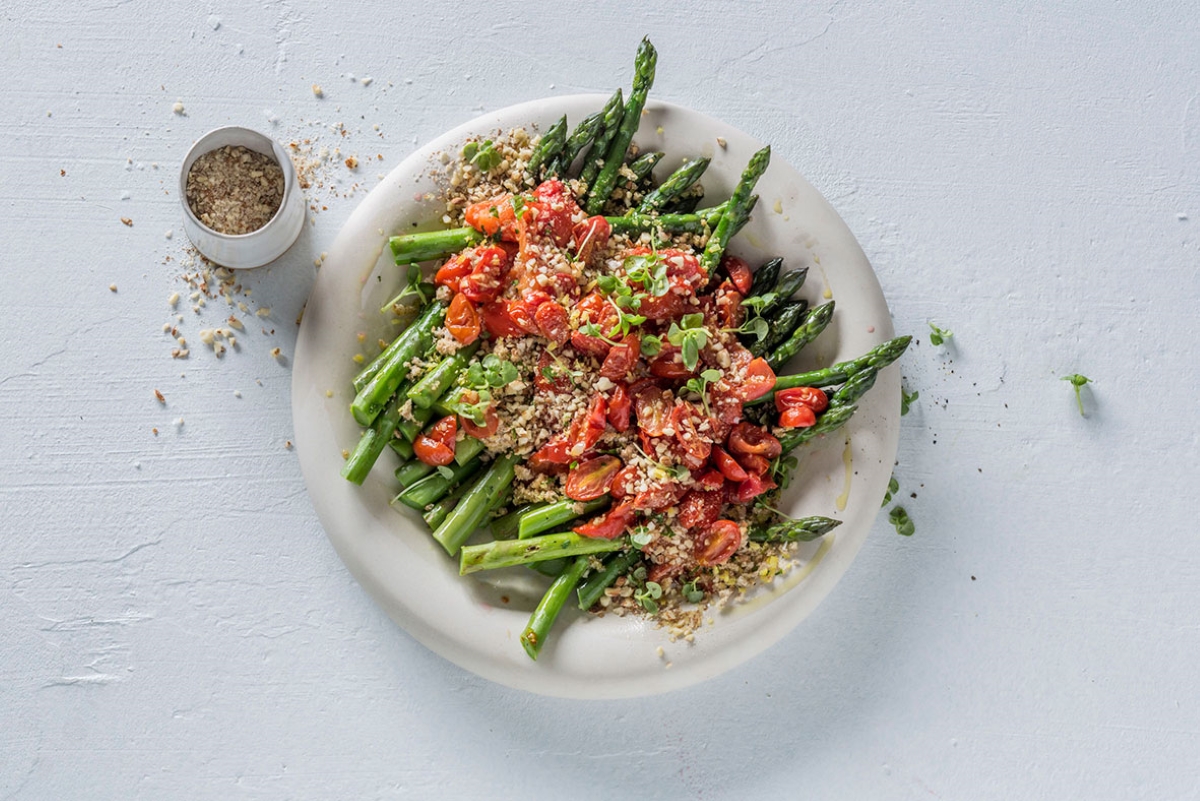
World Obesity Day 2022: How plant-based diets can lighten the load of obesity
In line with the global theme ‘Everybody Needs to Act’, Vitality dietitian Terry Harris suggests some simple ways to make an impact this World Obesity Day.
4 March 2022 marks World Obesity Day, and given the numbers, it’s no wonder the global theme is a call for everyone to act. Over 800 million people around the world currently live with obesity, with millions more at risk – and childhood obesity is expected to rise by 60% over the next decade, reaching 250 million by 2030.
Don’t think obesity doesn’t affect you
Importantly, says Harris, we should not dismiss the problem of obesity if we don’t personally struggle with our weight, because in one way or another, obesity affects us all. The medical consequence of obesity is estimated to cost over $1 trillion by 2025, globally – and the burden of obesity falls on all kinds of stakeholders.
“Individuals and families are negatively affected by lower longevity, a poorer quality of life and higher household expenses. Insurers contend with higher claims and society experiences lower presenteeism, higher absenteeism and higher disability costs.”
Can eating more plants help save the world?
“The good news is that there's incredibly strong evidence that links an increased intake of vegetables and fruit to the reduced risk of lifestyle diseases, including obesity-linked diseases,” says Harris. “One way we can all make a difference is by considering the planetary health diet, which focuses on consuming more whole, plant foods and far less meat and highly processed foods.”
“A plant-based approach to eating is becoming increasingly popular as evidence for the health benefits of such diets stack up, and as more people seek environmentally sustainable alternatives to animal proteins,” she says.
Data supporting the planetary health diet claims that “the universal adoption of a planetary health diet would help avoid severe environmental degradation and prevent approximately 11 million human deaths annually."
The latest EAT-Lancet report concluded that this data is "both sufficient and strong enough to warrant immediate action." The report goes on to state: "Food will be a defining issue of the 21st century. The Commission shows that feeding 10 billion people a healthy diet within safe planetary boundaries for food production by 2050 is both possible and necessary."
How can we act to make a difference today?
So, what can individuals do this World Obesity Day to reduce the impact of obesity, we asked. Harris endorses these ‘Have these five” and “Give these a miss” when deciding what to eat every day:
5 every day
- Vegetables and fruit: A portion of veg is two hands, cupped together and a fruit portion is one cupped hand. Have at least 5 veg and fruit portions a day.
- Beans, chickpeas or lentils: Eat a fist-sized amount a day.
- Nuts and seeds: Have a cupped hand’s worth a day.
- Wholegrains: Eat a fist-sized amount of oats, brown rice, quinoa or bulgur wheat at each meal.
- Water: Have water that's plain, sparking, or infused with fresh fruit or herbs. Drink according to thirst.
5 give a miss
- Sugary drinks: fruit juice, fizzy drinks and sugar added to tea and coffee.
- Processed meats: sausages, cold meats such as salami and ham, bacon and biltong.
- Salty snacks: Crisps and savoury crackers.
- Sugary foods: Biscuits, sweets, cake, ice cream, chocolate and sweetened breakfast cereals.
- Deep-fried highly processed foods: pies, fish fingers, chicken nuggets and burgers.
Harris concludes, “Consuming plant-based foods is no longer an approach solely for fervent animal-lovers or environmentalists. It’s something every one of us can – and should – aspire to. Give a whole food, plant-based diet a try – even if it's just a few times a week. Every meal can make a difference!”
Sources:
https://www.worldobesityday.org/
https://eatforum.org/eat-lancet-commission/
https://www.bluezones.com


